Occupational therapist Aliya Drakes: See children first, not their disability
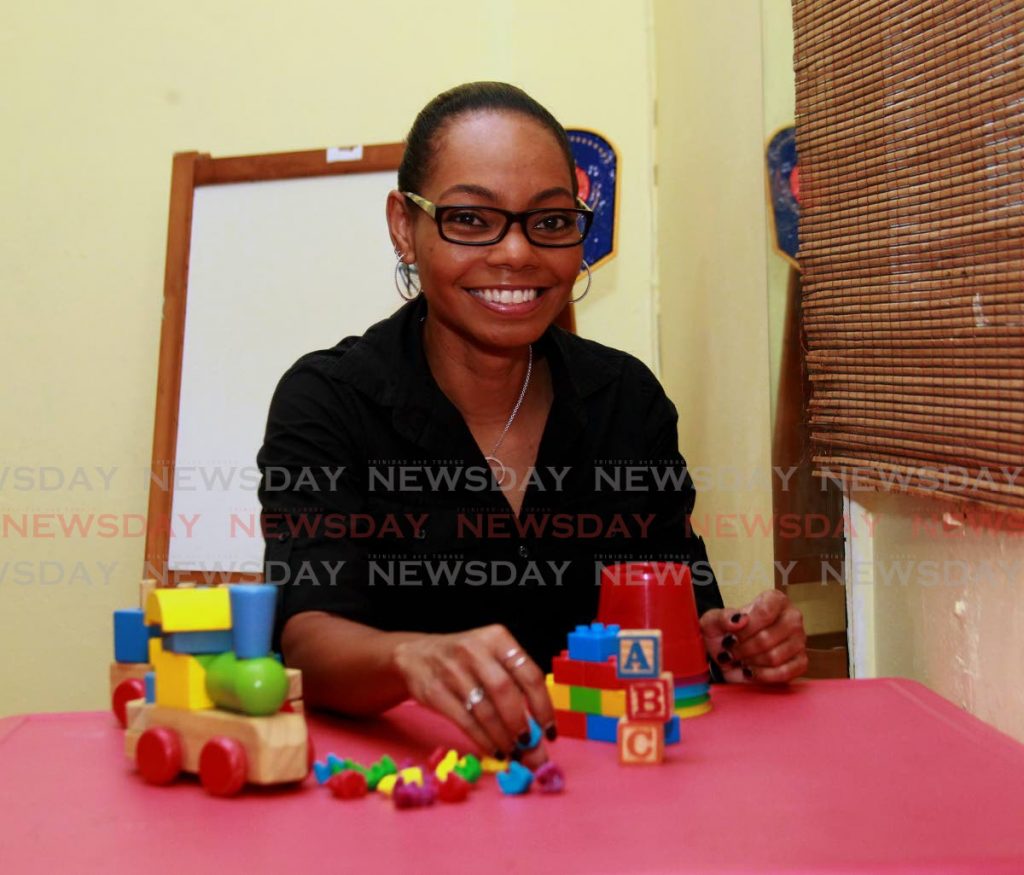
As an occupational therapist (OT) Aliya Drakes encounters children with different personalities daily. And although they are mainly special-needs children, the philosophy of Opal Kids, the therapy practice she started in 2011, is to “see the child first” and not their disability.
“The way occupational therapy works is that we don’t need to have a diagnosis. We look at whatever the child is dealing with, how it’s affecting their day-to-day life. Everything that you do on a daily basis is your occupation. It could simply be trouble paying attention in school, or that their handwriting is bad, they have problems dressing or managing sensory things.
"So we will assess the situation and come up with something that can help them cope a little bit better,” Drakes told WMN.
She said anyone can get help at Opal Kids, whether it is a referral by other parents, paediatricians, psychologists or other therapists. "Once people notice there is any difficulty in doing daily things, it's always good to reach out and seek some answers."
Opal Kids was conceptualised while she was living in England, but it didn’t become a reality until her grandmother, Cynthia, died. On the flight to TT for the funeral she decided to return home permanently and open her private practice. Drakes has a BSc in occupational therapy from Brunel University in the UK, and is currently in her last semester of an online master's degree in special and additional learning needs at the University of East London.
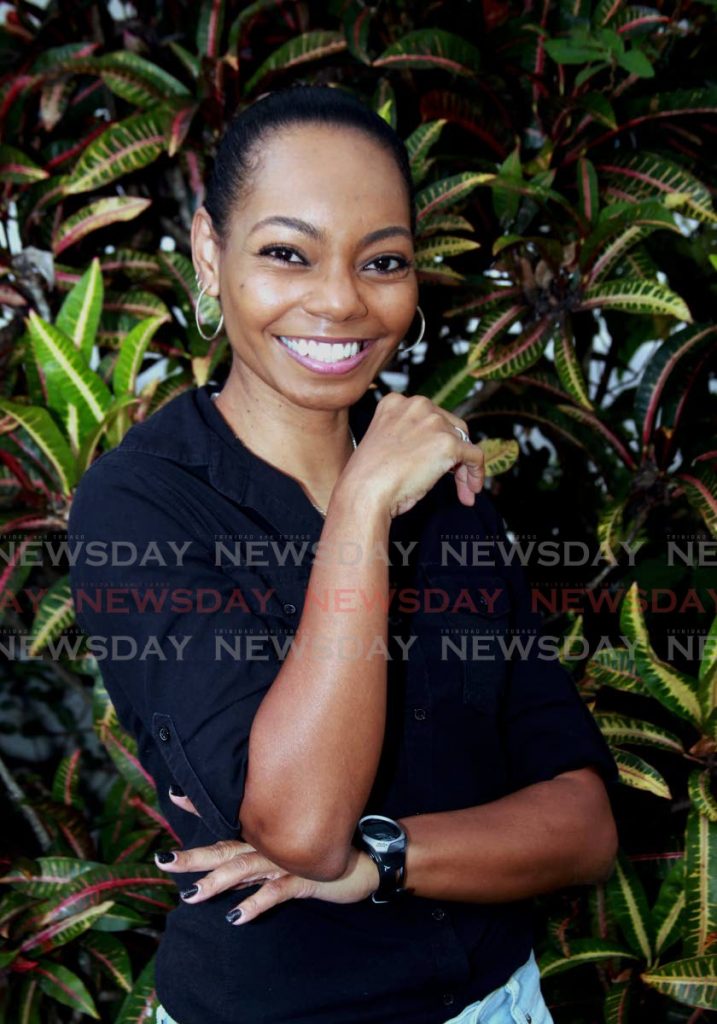
“As soon as I got back to England I gave notice, came back here and everything just fell into place.”
The choice of the name Opal was in part a tribute to Cynthia.
“I couldn’t name it Cynthia’s Place because no one would come,” she said with a giggle. “Opal was the name of the street on which she lived, and the diversity of its colour represents the children. It was fitting.”
It started with just her and took a while to get it to where it is now – a home office in Cascade, and offices in San Fernando and Arouca.
“Now there are five of us – four therapists and one administrator.”
Drakes said she was always interested in working with children, but wasn’t sure in what capacity.
“Working with children is my thing. From the time I started studying, there was never any other population I wanted to work with. At first I wanted to be a teacher, then physiotherapist. But I knew no matter where I ended up, children was always the end goal.”
That goal gave her an unexpected revelation.

In 2018, after having interacted with and observing the behaviour of the many autistic children who came to her for therapy, Drakes realised she had displayed some of the same symptoms at different points in her life – and that she too is autistic.
“I would be watching a child and thinking, ‘Oh, I did the same thing too.’ Then I realised, ‘Oh yes this is what it is!’ For a few years before there was this process of thinking, ‘What is this? Is it a sensory thing? Do I have OCD? What is it?’
"I knew there were other things it could have been. Then it came down to the process of elimination, putting all the things together and then I finally realised it was autism – especially after doing a lot of research on autism in women and how it presents differently (in women).”
But, she said, the diagnosis came with mixed feelings.
“It was partly good to know, but then I didn’t want people to know, to start judging me one time based on my diagnosis.”
Drakes, 36, said she’s not sure where she is on the spectrum, and finds the classification of high- or low-functioning sometimes misleading.
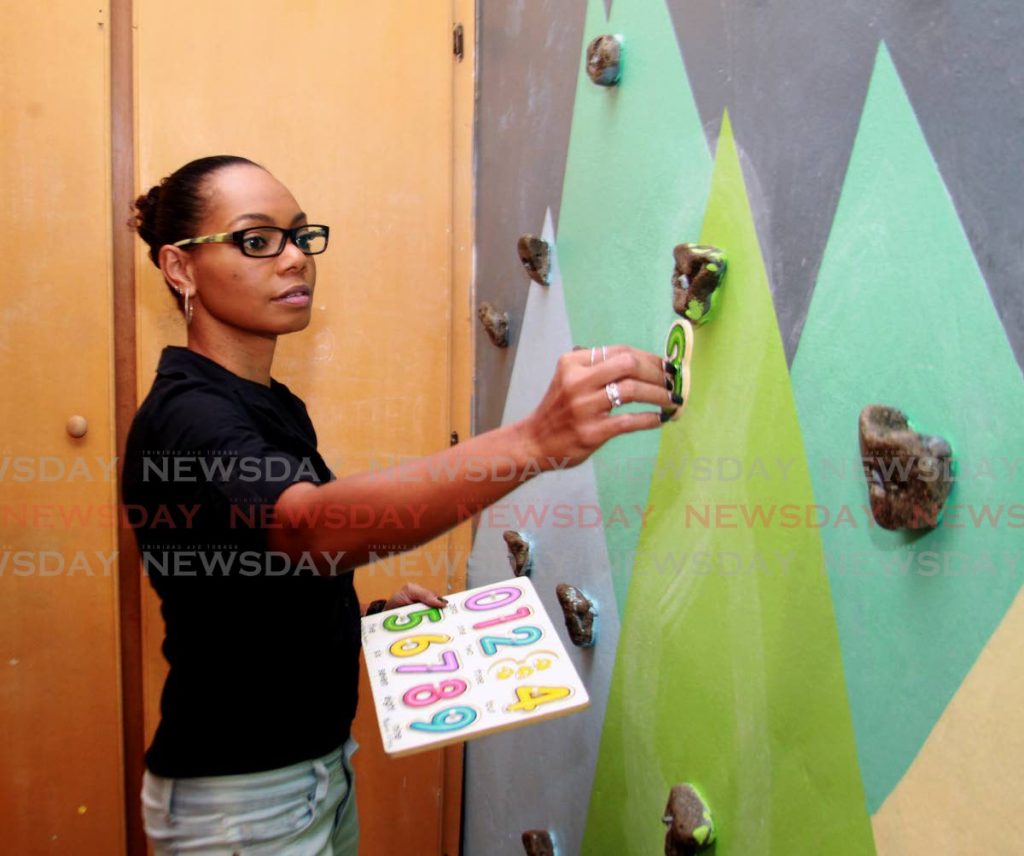
“Some people may look at me and think, ‘oh, you’re a high-functioning autistic person,’ but if you put me in certain situations, I’m not going to be high-functioning, I’m not going to be ‘normal,’ because certain situations are difficult for me. And in the same vein, people might think, ‘That person is low-functioning,' when they may not be. They are just functioning differently to what you expect.”
Fortunately, her training and experience as an occupational therapist have taught her how to organise her life in such a way that she doesn’t get overwhelmed, as frequently happens with people with autism.
“Mostly I’m functional, but I’ve learned over the years that working Monday to Friday in an eight-to-four (job) doesn’t suit me and I get overwhelmed and I get sick. So I have structured my life in a way I know I could manage every day and not get overloaded.”
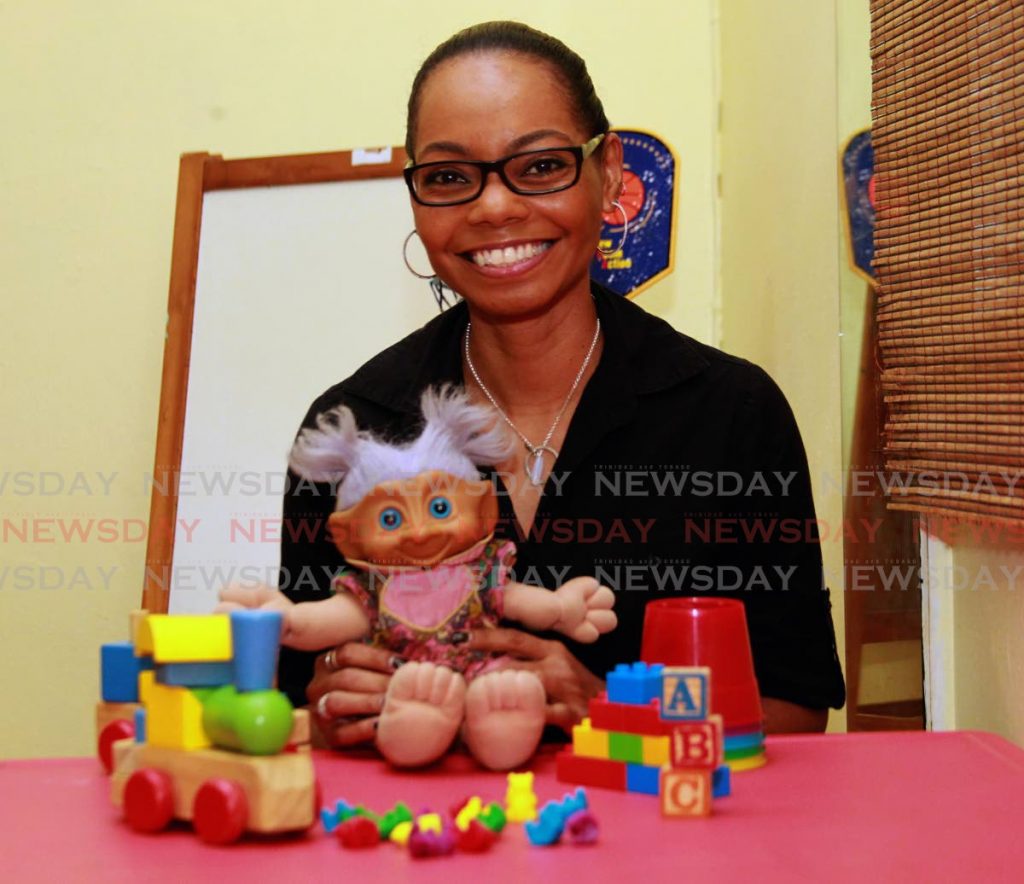
- PHOTO BY ROGER JACOB
This structure includes her fitness routines, among them, training and coaching for triathlons. Drakes became a certified triathlon trainer in 2017, and last year, just before the lockdown as a result of the covid19 pandemic, she became an Ironman certified coach.
“And in between there I’ve done some extra things, such as nutrition. I also teach regular fitness exercises: a mix of different types like yoga, aerobics, and strengthening exercises.”
Drakes began doing triathlons in 2008 for a fundraiser.
“It was really basic. Then I did one when I lived in England, and it was fun. When I returned home, I did another, and another, until it grew into something I couldn’t get away from. It just grew from doing bad and coming last to just doing more distances, and the next one up, to going overseas to doing races and then ending up doing Ironman 70.3 (a 70.3-mile swim, ride and run race that has to be completed in seven and a half to eight hours)."
“All in a workday,” Drakes chuckled.
Even though the pandemic has made her adjust the way she does things, Drakes said her goal in life remains the same: “Just to make people happy, however that happens.”
“It feels good to take someone through, ‘I don’t’ think I can do this,’ to doing it. I was there too, and I know what it feels like.”
Since last year the focus at Opal Kids has been on parent education and awareness, because so many children are at home and some of them may not have access to therapy.
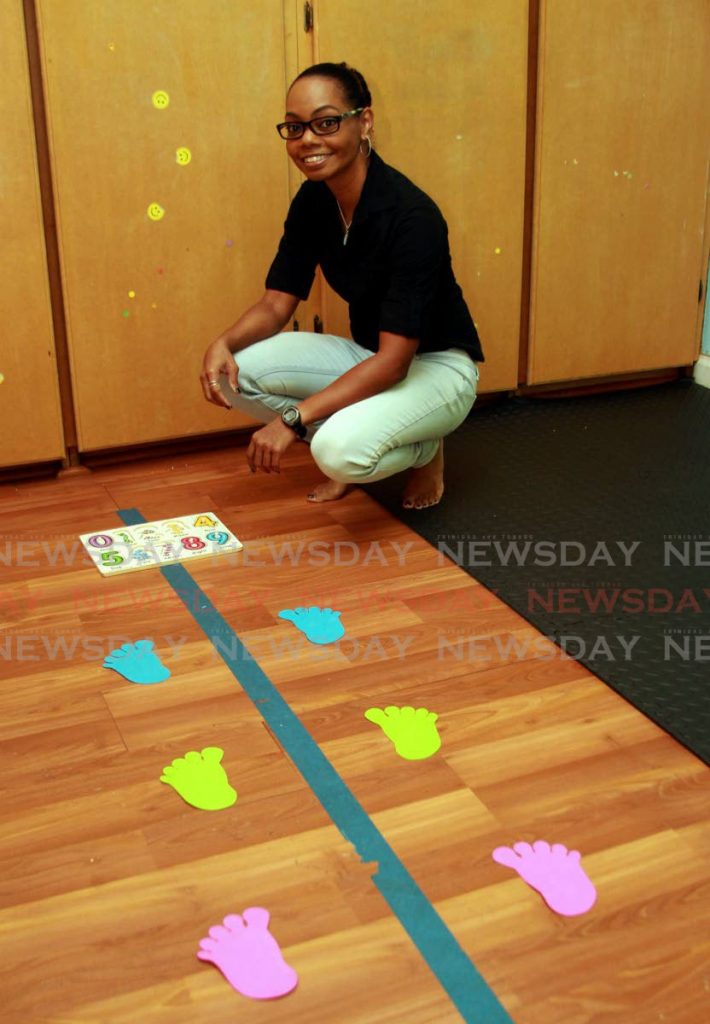
“At first we had closed for a bit, but then we reopened, observing all safety protocols.
"So far it’s been okay. I’m using my social media platforms and doing webinars to show things parents can try at home to supplement therapy, or that they can do if the children are not getting therapy."
Gratitude, she said, is one of the motivating factors behind what she does.
“The feel of support that I’ve had throughout my life, there is nowhere I would be where I am without the people who have supported me and allowed me to be myself,” especially since no one knew she was autistic until now.
“I just want to make sure they all know I am grateful for letting me be strange, be myself.”

Comments
"Occupational therapist Aliya Drakes: See children first, not their disability"